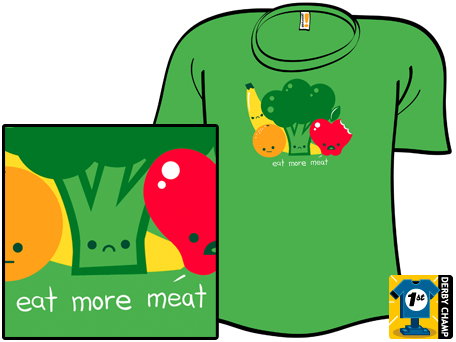So said George Eliot, of poetry.
Since I like to look for meaning in everything, I find it interesting to think that meaning can change based on new findings, a key, or a change in context.

Lately I’ve been reading
Proust Was a Neuroscientist, by
Jonah Lehrer, my new favorite
author.
In
Proust he looks at authors and artists (Whitman, Eliot, Proust, Cézanne) who knew and expressed truths about man, the brain, and science long before 20th century science. The science of their time, perhaps, forced them to look inward for the truth. They tried to understand the mind and were “most accurate, because they most explicitly anticipated our science...this art endures, as wise and resonant as ever.”
George Eliot in Middlemarch wrote “we are a process and an unfolding.” Only until recently biology held that the brain was a genetically governed robot, a set of cells that did not divide, unlike every other cell in our body.
Neurogenesis Is BornThrough a series of experiments misintrepreted or ignored, this belief held firmly. But in 1989 new observations began to alter these scientific “facts”.
Elizabeth Gould at Rockfeller University, discovered that chronic stress was devastating to rat brain neurons, but that the brain healed itself when the stress was removed. Over the next 8 years she painstakingly quantified her findings in rats and monkeys.
The science of neurogensis was born. “The textbooks were rewritten: the brain is constantly giving birth to itself,” Lehrer writes.
Now here is where it gets interesting to me.
“The mind is never beyond redemption, for no environment can extinguish neurogenesis. As long as we are alive, important parts of the brain are dividing. The brain is not marble, it is clay, and our clay never hardens,” Lehrer writes.
“High levels of stress can decrease the number of new cells [regenerating]; so can being low in a dominance hierarchy.” But when changing to living in an enriched environment, adult brains recover rapidly.
The implications are worth pondering. Think of the repression of women in a dominance hierarchy, think of slavery, think of those who live in poverty, think of good zoos and bads zoos, think of stark work environments, think of isolated young mothers, and so on.
How we think about these situations now has new meaning. And there are further implications to growth and happiness.
A New KeyThe ramifications are profound and just now, in the last 10 years are being explored.
For example, scientists have discovered that antidepressants work by stimulating neurogenesis, implying that depression is ultimately caused by a decrease in the amount of new neurons, and not by a lack of serotonin.
We have a new key for intepretation.
Newborn brain cells make us happy.
Again ponder the implications, we need to be ever learning, seeking to enrich our environments for ourselves and our children, making workplaces more about cooperation and less about dominance, and excising stress from our routines and helping others to bring about these changes.
Learn something latelyAs Eliot wrote in
Middlemarch, the “mind [is] as active as phosphorus.”
“Since we each start every day with a slightly new brain, neurogenesis,” Jonah Lehrer points out, “ensures that we are never done with our changes.”
Ellen
More reading:
Antidepressant action in mice, NIHThe Science of Prozac




 Lately I’ve been reading Proust Was a Neuroscientist, by Jonah Lehrer, my new favorite author.
Lately I’ve been reading Proust Was a Neuroscientist, by Jonah Lehrer, my new favorite author.